Between entering a new environment, a schedule change, and an intense workload, the transition from high school to college can be difficult for the best of students.
In addition to struggling with the transition itself, students with learning differences are also challenged with communication, time management, executive function and even advocating for themselves.
According to Melissa Zgliczynski, the Director of the Achieve Program for Students with Learning Differences at Villa Maria College, these obstacles can make it impossible for students with learning differences to succeed in college if they are not addressed appropriately.
“Students with learning differences sometimes struggle to find their footing,” said Zgliczynski. “I’ve seen smart, creative students fail because they were not receiving the same amount of support in college that they did in high school.”
In fact, the law requires all colleges and universities to provide accommodations to students with disabilities, including learning disabilities. These services, which are free of charge to students, are meant to help students with documented learning disabilities like ADHD, dyslexia, dyscalculia, autism spectrum disorder, and other disabilities have a level academic playing field with their peers.
“This can be accomplished through efforts like extended testing time, access to note takers, access to books on tape, among other accommodations,” said Zgliczynski. “While the number of students with a learning disability has grown in the US recently, many colleges and universities provide only what required of them to help students. Other colleges have taken a proactive approach to specifically help students with learning disabilities with programs that provide services that go above what is offered according to law.”
“In response to our students’ needs, Villa Maria College created the Achieve Program,” continued Zgliczynski. “The success we’ve experienced with the Achieve Program is related to the specialized tutoring, goal setting and various forms of assistive technology we use to help our students with learning differences succeed. The technology, in conjunction with private and group tutoring sessions, and quiet work spaces has made a major difference for our students.”
Villa has found success with Dragon Naturally Speaking, a speech recognition software program. “Dragon is similar to Siri on your phone,” said Zgliczynski. “It’s much more accurate because it is trained to understand individual voices. This benefits students with a reading or writing disability, mobility issues or students who are unable to type at a college level and just need help getting their thoughts out of their head and on to paper.”
Livescribe Pens are also available to all Achieve students. “These pens are critical resources,” said Zgliczyski. “They can be used to record a professor during class or a tutor during a session. They come with a special notebook that, when tapped with the Livescribe pen, will jump to that specific part of the dictation.”
Despite the impact the assistive technology can make, Zgliczynski believes it’s equally as important to provide students with academic support and work with them to develop good study and organizational skills.
“It will always be helpful for students with learning differences to work with professional tutors who are trained to work with students with learning differences,” she said. “At Villa, for example, we offer both subject tutoring and time management sessions. Everything is very individualized and can be as fundamental as writing down all class assignments into a planner. These kinds of skills benefit students all throughout their academic career and well into their professional careers, too.”
“Procrastination is another common challenge for students with learning differences,” she continued. “You must find something that works for every individual student, whether it’s as simple as color coding a schedule or something that requires a more in depth solution.”
In addition, specialized learning difference programs must work in conjunction with college faculty and the students’ home support system.
“The biggest reason the Achieve Program has been so successful is because we have an open communication policy both with faculty and the students’ home support system,” she said. “Our faculty are quick to give us feedback. If something is working well, they let us know so we can continue to focus on that. If something goes wrong, they tell us that, too. It’s much easier to correct one missed assignment versus five. Keeping the lines of communication wide open enables us to stay on top of any issues that may arise.”
Once students sign the appropriate FERPA paperwork, Zgliczynski also recommends communicating openly with students’ parents. “We take a team-oriented approach here and it’s worked out really well,” she explained. “The students’ home support system can provide insight or suggest strategies that we may never think to try. They may know what works and what doesn’t before we do and it helps problem solve. When students succeed, we want to be able to share that, too.”
“Of course, the most important thing is that the students feel like their success is possible,” said Zglicynski. “The overall goal for any specialized program for students with learning differences should empower students to live up to their full potential, meet their goals and get excited for their futures.”
This article was originally published in the WNY Family Magazine.
